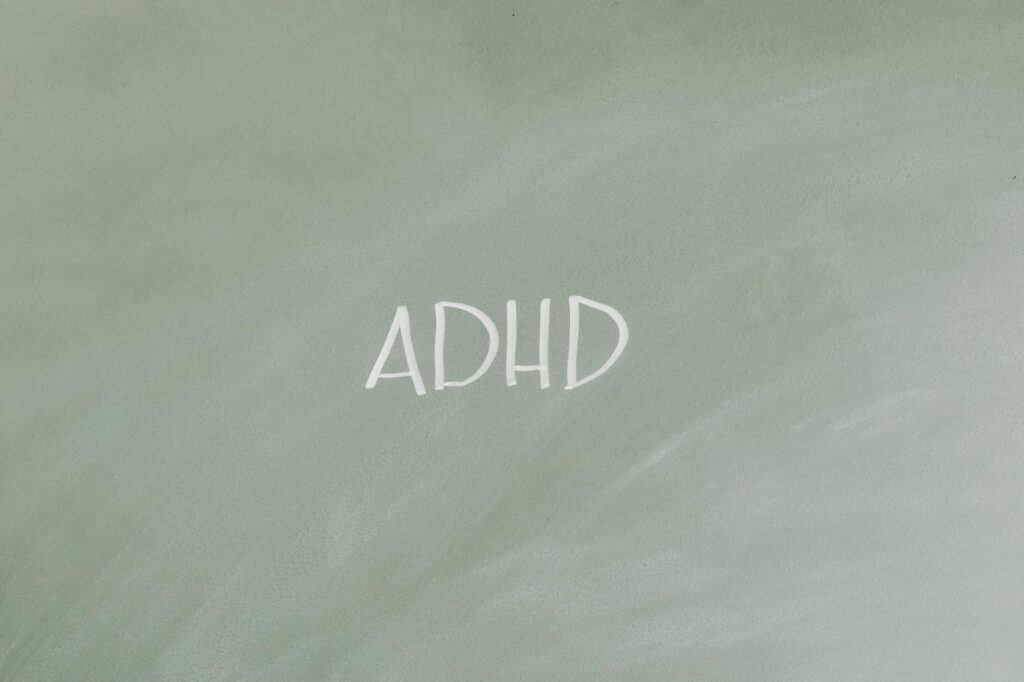What is social behavior?

What is social behavior?
Social behavior is a fascinating and multifaceted concept that plays a crucial role in how we interact with one another in both personal and professional settings. It encompasses a range of interactions among individuals, groups, and communities, shaping our relationships and influencing various aspects of life. Understanding social behavior can help enhance communication, improve relationships, and foster a sense of community.
Defining Social Behavior
At its core, social behavior refers to interactions between two or more individuals. It includes a diverse range of activities, from casual conversations to structured group dynamics. Social behavior can manifest in various forms, such as cooperation, competition, aggression, and altruism. These interactions often reflect the underlying social norms and values of a given culture or society.
To dive deeper, social behavior can be categorized into two primary types:
- Intrapersonal behavior: This involves how we act toward ourselves, such as our self-talk and internal motivations.
- Interpersonal behavior: This refers to how we interact with others, encompassing everything from verbal communication to non-verbal cues.
Understanding these categories can clarify how our actions influence our social circles and communities.

Photo by Tara Winstead
Theoretical Frameworks of Social Behavior
Several theories help us understand the complex nature of social behavior. Two major ones include:
-
Social Learning Theory: This theory posits that individuals learn behaviors through observation and imitation of others. It emphasizes the importance of social context and the influence of role models on an individual’s behavior. You can read more about it here.
-
Social Exchange Theory: This theory suggests that social behavior is the result of an exchange process where individuals seek to maximize benefits and minimize costs. By analyzing our interactions through this lens, we can gain insights into motivations behind our actions.
These frameworks provide valuable perspectives on how social behavior develops and evolves over time.
Characteristics of Social Behavior
Social behavior exhibits several defining characteristics:
-
Interaction: Social behavior fundamentally revolves around interaction. This can be verbal, non-verbal, or a mixture of both.
-
Communication: Effective communication is essential for social behavior. It allows individuals to share thoughts, feelings, and intentions, facilitating better relationships.
-
Social Norms: Norms are the unwritten rules that govern social behavior. They dictate acceptable behavior in various situations, influencing how individuals interact within their social groups.
Understanding these characteristics can enhance our ability to navigate social situations, whether in personal or professional contexts.
Factors Influencing Social Behavior
Numerous factors can shape social behavior, including both internal and external influences.
Cultural Influences
Culture plays a significant role in shaping social behavior. Different cultures have unique norms, values, and customs that guide how people interact. For instance, collectivist cultures emphasize group harmony, while individualistic cultures prioritize personal achievements.
This cultural lens can greatly affect interpersonal interactions. For example, in a culture that values direct communication, individuals may be more open and expressive, while in cultures that prioritize indirect communication, individuals may rely on non-verbal cues to convey messages.
Social Environment and Context
The social environment, including family, peers, and work, also shapes social behavior. The influence of family structures can significantly impact how we learn to interact with others. For instance, children raised in supportive environments often develop strong social skills that carry into adulthood.
Peer groups and workplace dynamics further influence social behavior. They can establish norms that dictate behavior, impacting everything from teamwork to conflict resolution. Exploring these influences can help us understand why we behave the way we do in various social contexts.
The Role of Social Behavior in Personal Development
Understanding social behavior is vital for personal and professional growth.
Improving Communication Skills
Recognizing social behavior patterns can lead to improved communication skills. For instance, being aware of non-verbal cues—like body language and facial expressions—can enhance your ability to connect with others. Practicing active listening can also help in understanding others’ perspectives, fostering deeper conversations.
Building Relationships and Networks
Social behavior is essential for establishing effective professional relationships. Networking requires understanding social dynamics and knowing how to approach others. Building genuine connections can lead to valuable opportunities and collaborations. As you strengthen your social skills, you’ll find it easier to develop rapport with colleagues and clients alike.
Conclusion and Reflection on Social Behavior
In summary, understanding social behavior offers valuable insights into how we interact with others. By recognizing its components, influences, and implications, we can enhance our communication skills, build stronger relationships, and foster productive environments.
As you reflect on the role social behavior plays in your life, consider how these insights can help you navigate various situations more effectively. Embracing the complexities of social behavior can lead to more meaningful connections and personal growth.
By exploring the nuances of social behavior, you can empower yourself to engage more effectively with the world around you. Whether in personal relationships or professional settings, understanding social behavior is an essential skill that can lead to success.